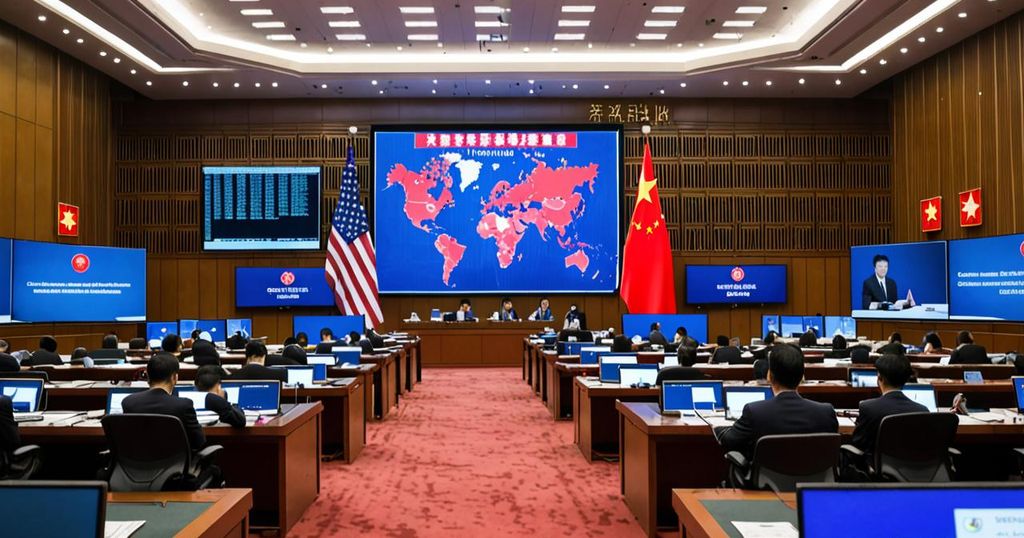Over the weekend, government agencies in the Philippines announced that they had repelled a cyberattack suspected to have originated from China. The breach has led to lawmakers calling for an immediate briefing on the issue due to concerns about national security.
Jeffry Ian Dy, the undersecretary for the Department of Information and Communications Technology (DICT), disclosed that multiple government departments were targeted in the attack. The affected entities included the Philippine Coast Guard, the Cabinet Secretary, the Department of Justice, the National Coast Watch System, DICT, and the personal website of President Ferdinand Marcos Jr.
According to DICT spokesperson Renato Paraiso, the attackers utilized internet protocol addresses traced back to China, specifically using the services of the state-owned telecommunications operator Unicom. Paraiso emphasized that acknowledging the service and territory from which the attacks originated was not an attempt to formally accuse Beijing. He stated, “We are not attributing this to any state… We are appealing to the Chinese government to help us prevent further attacks.”
In response to the cyberattack, Speaker of the House of Representatives, Martin Romualdez, issued a statement emphasizing the severity of the situation. He called for a comprehensive briefing for the House of Representatives to address the nature and extent of the cyber-attacks, current preventive measures, and strategies for bolstering the country’s cybersecurity infrastructure. Romualdez underscored the importance of a transparent approach, noting that the cyber-attacks not only impact government digital infrastructure but also pose risks to the safety and privacy of citizens.
Romualdez has proposed that the briefing be conducted in an open hearing, emphasizing the need for transparency. The demands for accountability come amidst heightened tensions between the Philippines and China, particularly in the South China Sea, where territorial disputes have been ongoing. The 2016 ruling from the Permanent Court of Arbitration in favor of the Philippines regarding the Spratly Islands has contributed to the strained relationship between the two nations.
This recent cyberattack echoes a previous incident in 2022, where a China-linked campaign was observed targeting the Philippines. During that time, cybersecurity firm Mandiant discovered USB devices being utilized to grant hackers access to systems physically located in the country.
As the nation grapples with the aftermath of the cyberattack, the demand for accountability and strengthening of cybersecurity measures remains a top priority for Philippine lawmakers. This report was contributed to by Alexander Martin, the UK Editor for Recorded Future News, who formerly reported on technology for Sky News, and is also a fellow at the European Cyber Conflict Research Initiative.

Leave a Reply